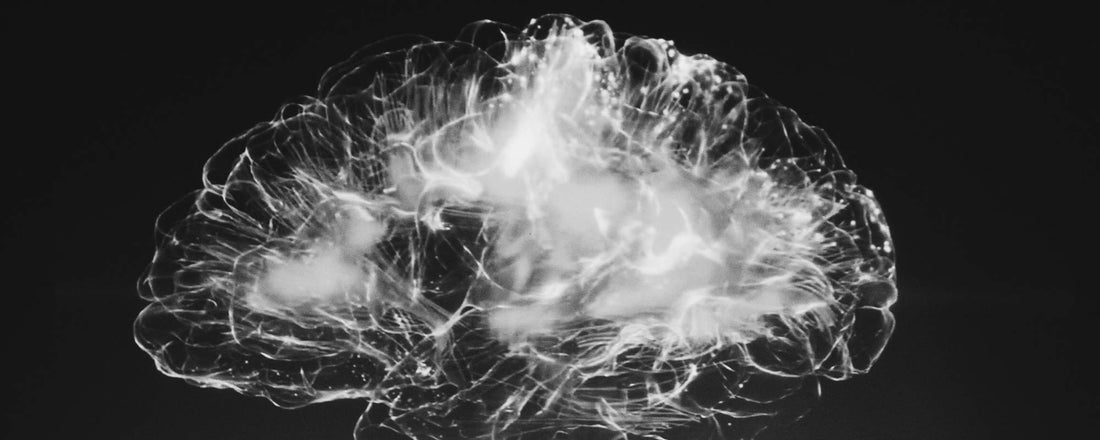
Can Certain Coffee Roasts Help Prevent Alzheimer's and Parkinson's?
LifestyleHow Coffee Can Protect Our Brains
Partying with a red solo cup. Tailgating—for any game, anywhere, anytime.
Just like these American rituals, grabbing a cup of joe after we roll out of bed is the morning perk-me-up that we just can’t live without. But besides the caffeine that provides us with the quick energy burst to brighten our mornings and get us moving, we know that drinking coffee also offers a number of health benefits like improving alertness, attention and short-term memory loss. But it doesn’t stop there. Coffee can actually be even more beneficial by protecting our brains from age-related degenerative conditions like Alzheimer’s and Parkinson’s disease. The secret? It’s all in the coffee roast.
 [Photo Credit: Vladimir Proskurovskiy via Unsplash]
[Photo Credit: Vladimir Proskurovskiy via Unsplash]
The Important Role of Roast Shades
Several studies suggest that consuming coffee regularly over your lifetime can help protect your brain from Alzheimer’s and Parkinson’s. But a one-of-a-kind study by the Krembil Brain Institute in Toronto, Canada, put the coffee roasts—light roast, dark roast and a decaffeinated dark roast—to the test by analyzing specific compounds in coffee that interact with proteins typically found in the brain when someone has Alzheimer’s and Parkinson’s.
Researchers identified a group of compounds known as phenylindanes, which emerge from coffee beans during the roasting process. Phenylindanes are unique because they are the only compound investigated in this study that inhibit beta amyloid and tau from clumping. These two protein fragments are common in Parkinson's and Alzheimer's—when they start clumping in the brain, people start having symptoms of dementia and more.

Darker Roasts Protect the Brain
With coffee, roasting leads to higher quantities of phenylindanes, so the darker the roast, the more protective coffee is in preventing these two diseases.
The research is exciting. For one, Ross Mancini, PhD, one of the researchers on the study, said, “It’s the first time anybody’s investigated how phenylindanes interact with the proteins that are responsible for Alzheimer’s and Parkinson’s.
And two, phenylindanes are natural compounds vs. synthetic. These natural coffee components offer good news for consumers since coffee is one of the most widely consumed beverages worldwide, with approximately 500 billion cups consumed annually. Why is that? Since caffeine absorption is at 100% only 45 minutes after it’s consumed, coffee is just what the doctor ordered to get us moving throughout the day. Oh—and it tastes great and is available in a variety of flavors, roasting levels and also with or without caffeine.
Although following a healthy diet, exercising regularly and getting plenty of sleep are necessary steps to a healthy lifestyle, lifelong consumption of coffee does, in fact, help prevent Alzheimer's and Parkinson's, two diseases that affect the brain and memory loss. So fitting in time to brew that daily cup—or two or three—of coffee should be part of that plan to keep your brain young and healthy in the long run.
[Featured Image Credit: Alina Grubnyak via Unsplash]
RELATED: Here's the Truth About Roast Shades
